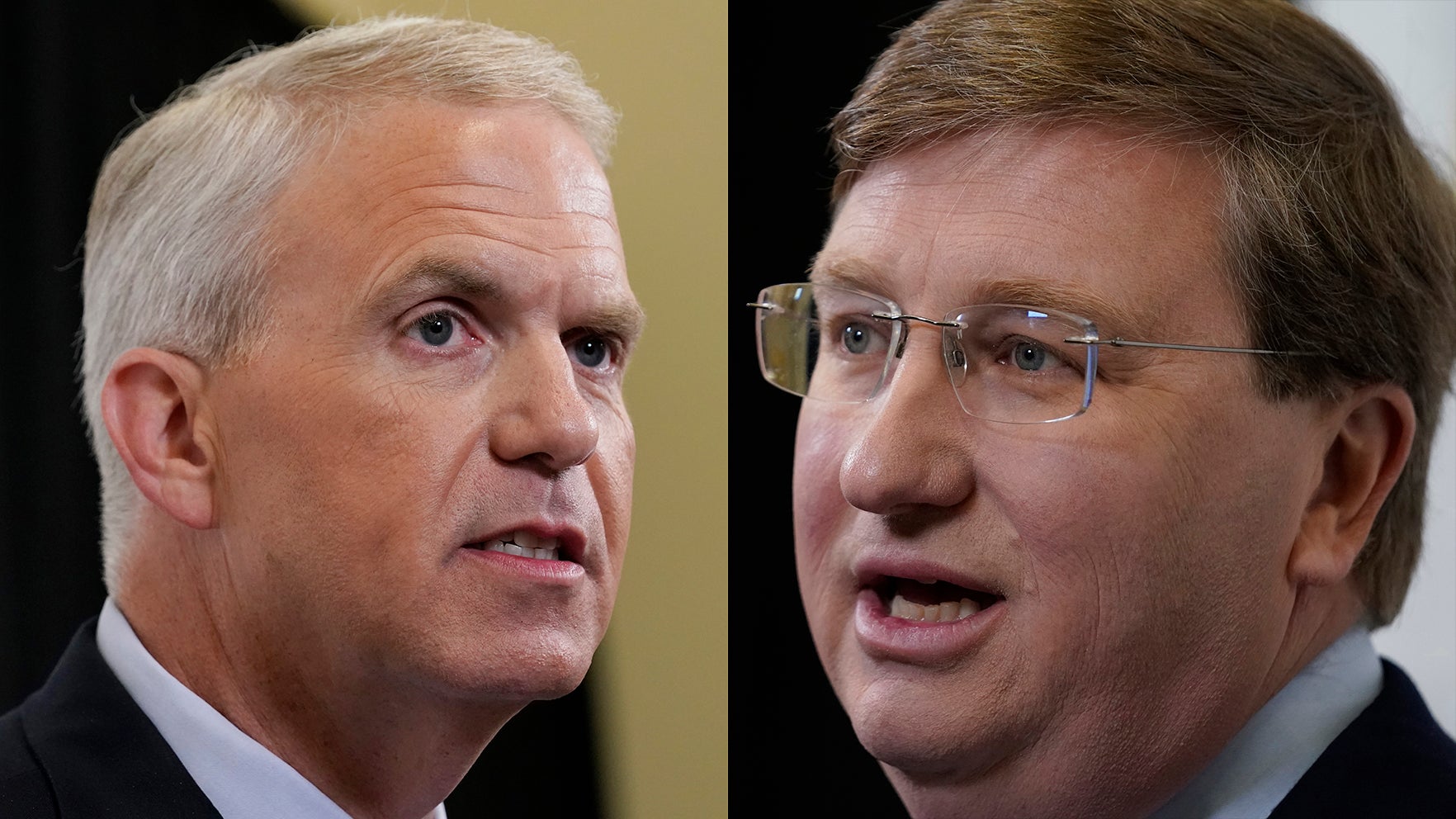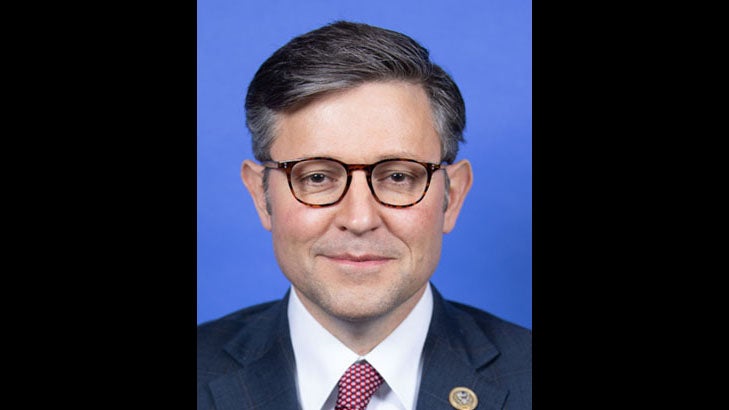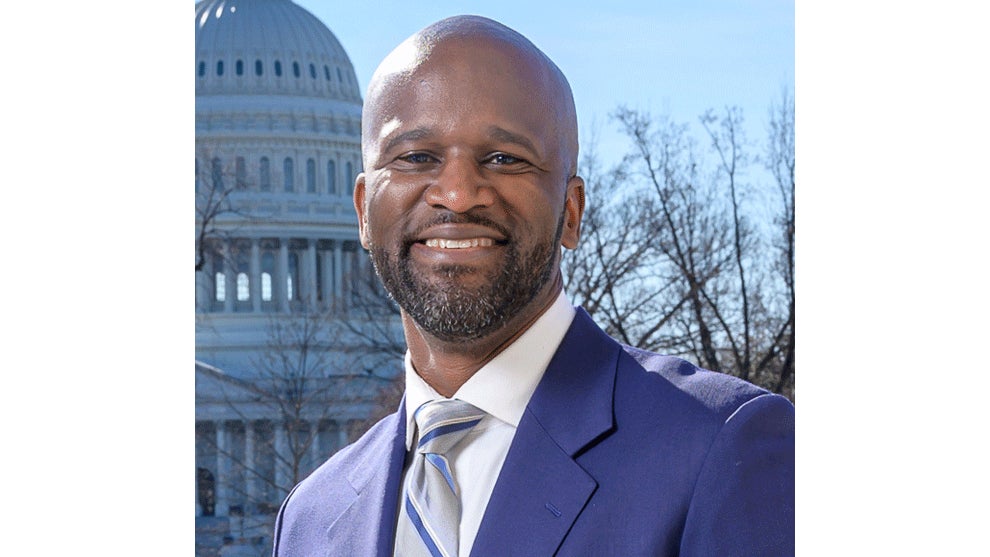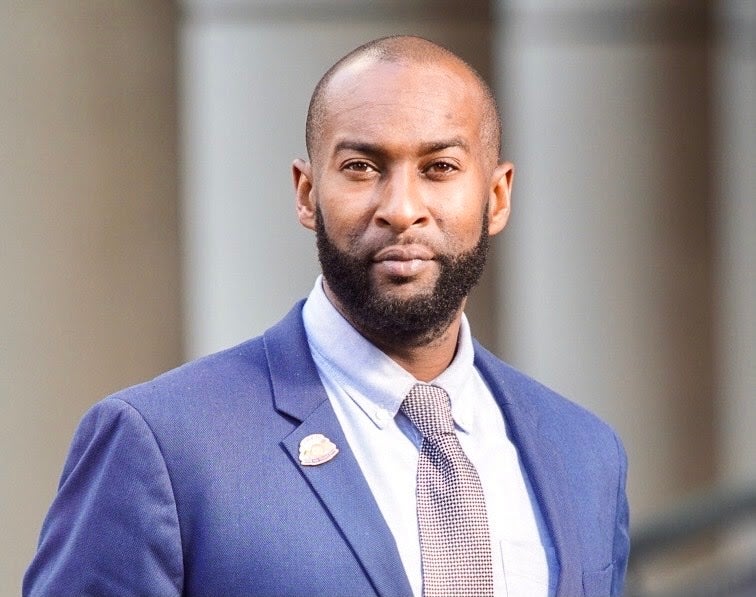Trump also defended his recent executive order on immigration, decrying “generous” immigration policies and arguing that there were people who sought to enter the country “for the purpose of spreading violence or oppressing other people based upon their faith.” He also pledged to take more immigration action in the name of religious liberty.
“In the coming days we will develop a system to help ensure that those admitted into our country fully embrace our values of religious and personal liberty and that they reject any form of oppression and discrimination,” Trump said.
Trump did not detail how he will scrap the IRS rule, which he has previously pledged to do away with. The rule has been in place since 1954, but it is very rare for a church to actually be penalized. And while some conservative Christians would like to see it abolished, others, especially the younger generation, support a separation of church and politics.
The repeal does not appear to have widespread public support. Eight in 10 Americans said it was inappropriate for pastors to endorse a candidate in church in a poll released last September by Lifeway Research, a religious survey firm based in Nashville.
For many religious conservatives, whose overwhelming support propelled Trump to the White House, a more pressing issue they hope Trump will address is conscience protections for faith-based charities, schools and ministries who object to same-sex marriage and abortion.
The president made no mention at the prayer breakfast of other steps he may take, saying only that religious freedom is a “sacred right.”
During his remarks, Trump also took a dig at Arnold Schwarzenegger, the new host of “The Apprentice,” the reality TV show Trump previously headlined. Trump said that since Schwarzenegger took over, the show’s ratings have been down, and asked the audience to “pray for Arnold.”
LGBTQ groups have been anxious that the president could use his executive powers to curb rights.
“We think it is entirely possible there could be an executive order that creates religious exemptions,” said James Esseks, LGBT project director for the American Civil Liberties Union. He added that the “narrative” that Trump won’t harm the LGBTQ community was “not correct.”
Earlier this week, the Trump administration announced that the president would leave intact a 2014 executive order that protects workers for federal contractors from anti-LGBTQ discrimination, saying in a statement that Trump “continues to be respectful and supportive of LGBTQ rights, just as he was throughout the election.”
During a Monday news briefing, White House spokesman Sean Spicer offered no details on whether Trump could still issue an executive order affecting the LGBTQ community.
“There is a lot of executive orders, a lot of things that the president has talked about and will continue to fulfill, but we have nothing on that front now,” Spicer said.
Religious conservatives, who saw a series of defeats on same-sex marriage, abortion and other issues under former President Barack Obama, have been bolstered by Trump’s win. In a letter last year to Roman Catholics, Trump pledged, “I will defend your religious liberties and the right to fully and freely practice your religion, as individuals, business owners and academic institutions.”
Trump’s Supreme Court pick this week was also considered a positive sign.
A favorite of conservatives, Neil Gorsuch serves on the 10th U.S. Circuit Court of Appeals, where he sided with Hobby Lobby and the Little Sisters of the Poor when they mounted religious objections to the Obama administration’s requirement that employers provide health insurance that includes contraceptives.





